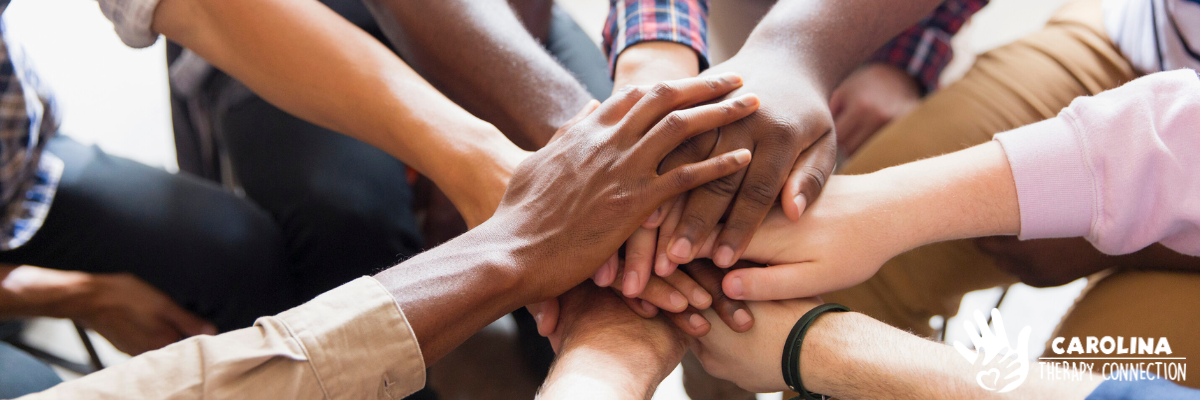Taking Care of Your Mental Health: Tips, Tools, and Resources That Help
By: Qiana Jones, COTA/L
As a pediatric occupational therapist assistant, I spend my days helping kiddos find meaning, balance, and function in their lives. I get to walk alongside kids and their families through their obstacles, uncertain moments and major milestones. But sometimes it’s easy to get lost in it all. It’s very fast paced and we push through stress, downplay anxiety, or tell ourselves we’ll “deal with it later.” But mental health is just as important as physical health—neglecting it can affect every part of our lives: work, relationships, sleep, and even our physical well-being.
Whether you’re feeling overwhelmed, emotionally drained, or simply want to build healthier habits, you’re not alone—and you don’t have to figure it out alone either. Here are some trustworthy mental health tips to help you support your mental well-being.
Take Charge of Your Mental Health: Real Tips, Honest Insights, and Trusted Resources
1. Acknowledge What You’re Feeling
It’s okay to feel anxious, sad, exhausted, or irritable. Ignoring or judging your emotions only increases the pressure. Practice noticing what you’re feeling with curiosity instead of criticism.
Try this: Pause for a moment during the day and ask, “What am I feeling right now—and what might I need?”
2. Create Small, Steady Routines
You don’t need an elaborate wellness plan. Often, it’s the simple, consistent habits that help most—like making your bed, drinking water, or going for a short walk.
Tip: Pick one small thing you can do daily. It might feel minor, but it builds structure and control when life feels chaotic. My thing I do EVERY night is a 15 minute power clean! It gives me something to look forward to and calms my body down after a long day.
3. Limit Overstimulation
Constant notifications, endless scrolling, or doom-scrolling news feeds can worsen anxiety and disrupt your focus.
Tip: Schedule short “digital detox” periods—maybe 30 minutes in the morning or evening—to recharge without screens.
4. Talk to Someone You Trust
Mental health thrives in connection. Sharing your thoughts with a friend, therapist, or support group can help you feel seen and supported. I personally speak with a therapist once a month just to help process major life transitions, anxiety and depression!
Reminder: You don’t have to wait until you’re in crisis to reach out. Talking early can prevent issues from escalating.
5. Move Your Body—Gently
Exercise doesn’t have to mean intense workouts. A short walk, gentle stretching, or dancing in your living room can release stress-reducing chemicals like endorphins. I love walking the local trails in Greenville for 10-20 minutes!
Movement helps shift mental energy—and it’s a form of self-respect, not a form of punishment.
6. Give Yourself Permission to Rest
Rest is productive. Your brain and body need time to recover, reflect, and process. Try not to confuse rest with laziness.
Try: Scheduling downtime like you would a meeting—your nervous system will thank you.
How Carolina Therapy Connection Can Help
You don’t have to navigate your mental health journey alone—Carolina Therapy Connection is here to support you every step of the way. Our licensed therapists offer personalized mental wellness services for children, teens, and adults, whether you’re navigating anxiety, burnout, life transitions, or simply seeking to establish healthier routines. We take a compassionate, whole-person approach to therapy because mental health isn’t one-size-fits-all.
From individual counseling to family support and caregiver resources, our team helps you create realistic goals and lasting strategies for well-being. We also offer complimentary 15-minute screenings to help you determine if therapy is right for you. In-person and teletherapy options are available for your convenience, because caring for your mental health should fit into real life.


